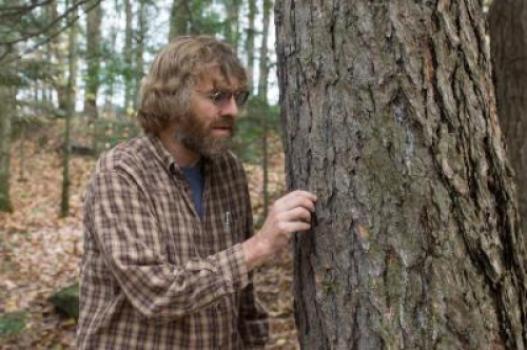You are here
Climate Change Creates Complicated Consequences for North America's Forests
Primary tabs

Image: Dartmouth Professor Matt Ayres studies the southern pine bark beetle, a forest pest that may be the largest source of disturbance in coniferous forests throughout North America. (Credit: Eli Burakian)
sciencedaily.com - October 15th, 2013
Climate change affects forests across North America -- in some cases permitting insect outbreaks, plant diseases, wildfires and other problems -- but Dartmouth researchers say warmer temperatures are also making many forests grow faster and some less susceptible to pests, which could boost forest health and acreage, timber harvests, carbon storage, water recycling and other forest benefits in some areas.
The Dartmouth-led study, which appears in the journal Ecological Monographs, reviewed nearly 500 scientific papers dating to the 1950s, making it the most comprehensive review to date of climate change's diverse consequences for forests across the United States, Canada and the rest of North America.
Tree-killing insects and plant diseases are natural elements of healthy forest ecosystems, but climate change is rapidly altering the distribution and magnitude of forest pestilence and altering biodiversity and the ecosystem.



Recent Comments